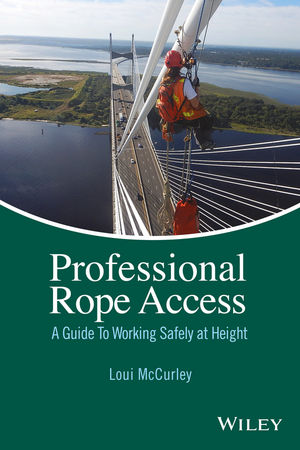 Threats and intimidation were used to prevent a worker suffering from blurred vision and a bloody nose from getting medical care during his shift, according to OSHA. The case was one of three recent instances of railroad companies violating the Federal Railroad Safety Act for retaliating against workers.
Threats and intimidation were used to prevent a worker suffering from blurred vision and a bloody nose from getting medical care during his shift, according to OSHA. The case was one of three recent instances of railroad companies violating the Federal Railroad Safety Act for retaliating against workers.
OSHA found that Union Pacific Railroad Co. retaliated against a locomotive engineer at the Pocatello, Idaho, facility who had reported that he was too sick to continue working safely and needed medical attention. While traveling between Green River, Wyo., and Pocatello, the engineer reported a range of serious symptoms including a migraine headache, blurred vision, dizziness, vomiting and a bloody nose. His supervisor, a railroad official separately named in the complaint, used threats and intimidation to dissuade the engineer from seeking or gaining access to medical care during his shift. The Department of Labor has ordered Union Pacific and a railroad official to pay $20,000 in punitive damages, $3,500 in compensatory damages for emotional distress and $1,323 in attorney's fees to the employee.
For interfering with medical treatment for a worker at its Harmon Diesel Shop, Metro-North Commuter Railroad was ordered to pay $10,000 in punitive damages to the worker and $8,830 in attorney's fees, and to expunge any adverse references relating to the employee's exercise of his FRSA rights from his personnel, safety and department files. Metro-North also must post a notice of worker rights under OSHA for employees in the Harmon Diesel Shop and on its internal website, and provide all diesel shop employees with information on employee protections for reporting work-related injuries.
Metro-North also retaliated against a Connecticut worker for reporting a broken toe after a jack failed and a rail tie fell on his foot, ordering damages of $75,000. This case was later removed to the Federal District Court in Connecticut, where a federal jury awarded the worker more than $1 million in punitive damages.
Vomiting? Broken toe? Keep working!


